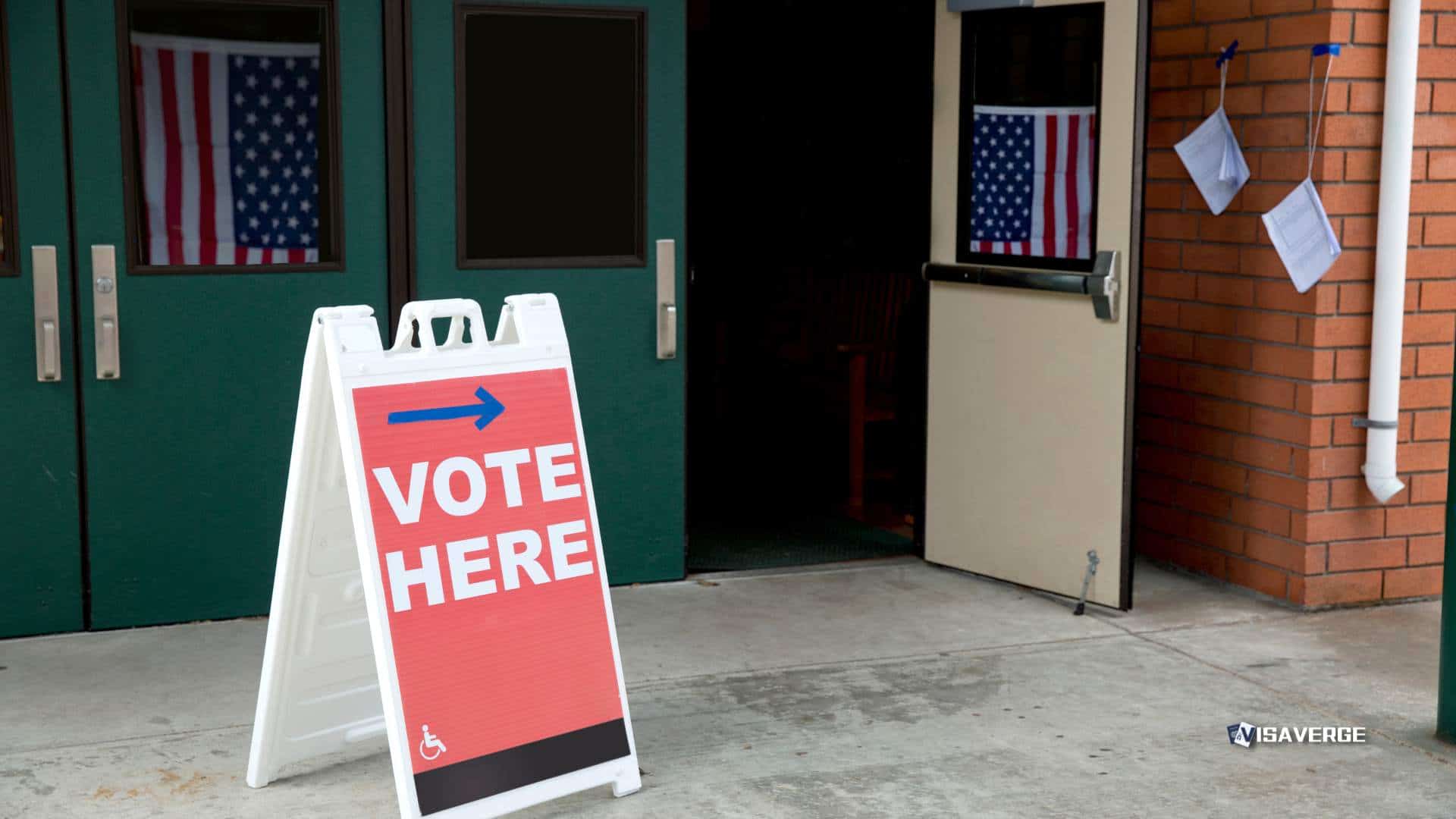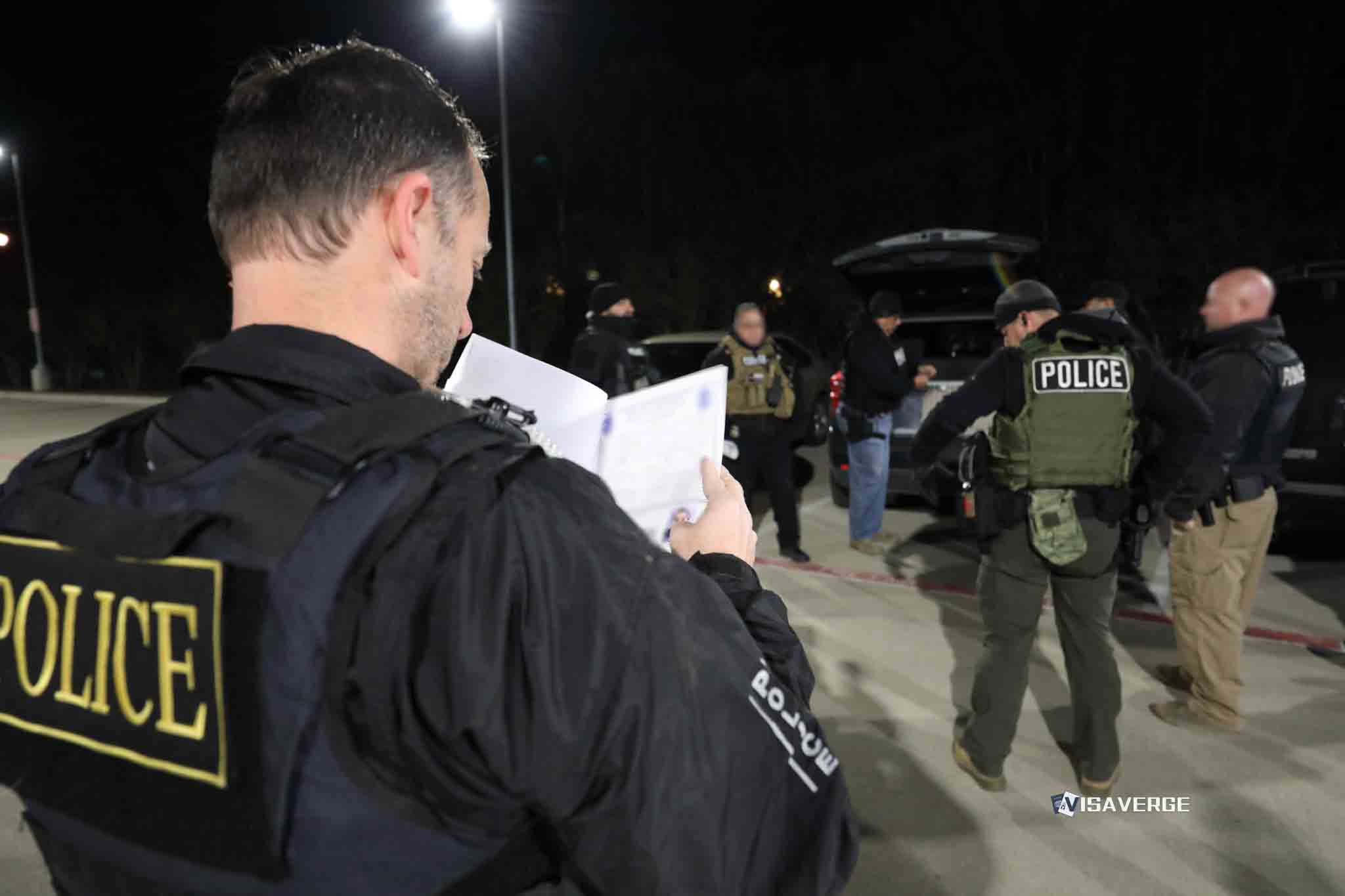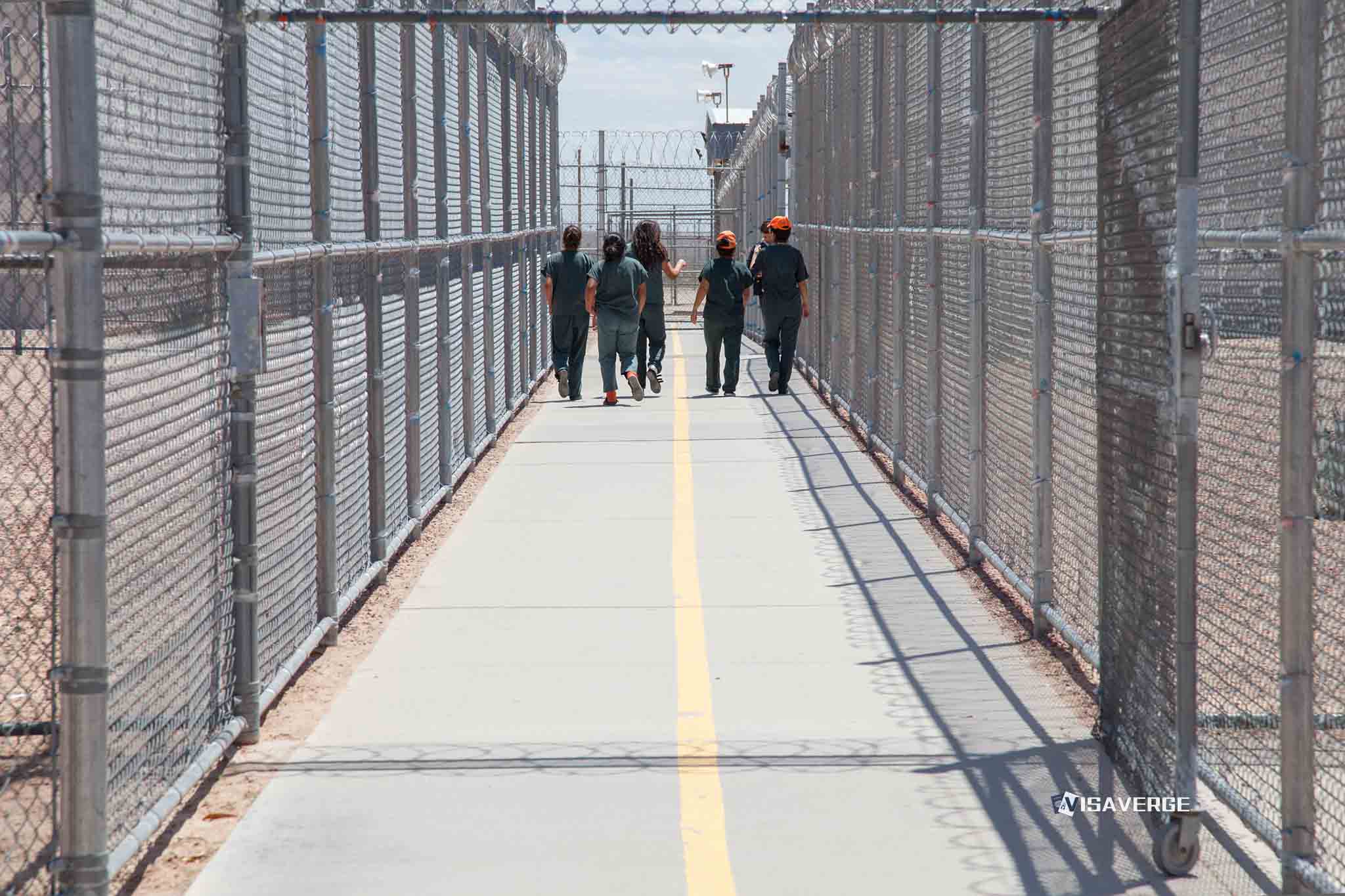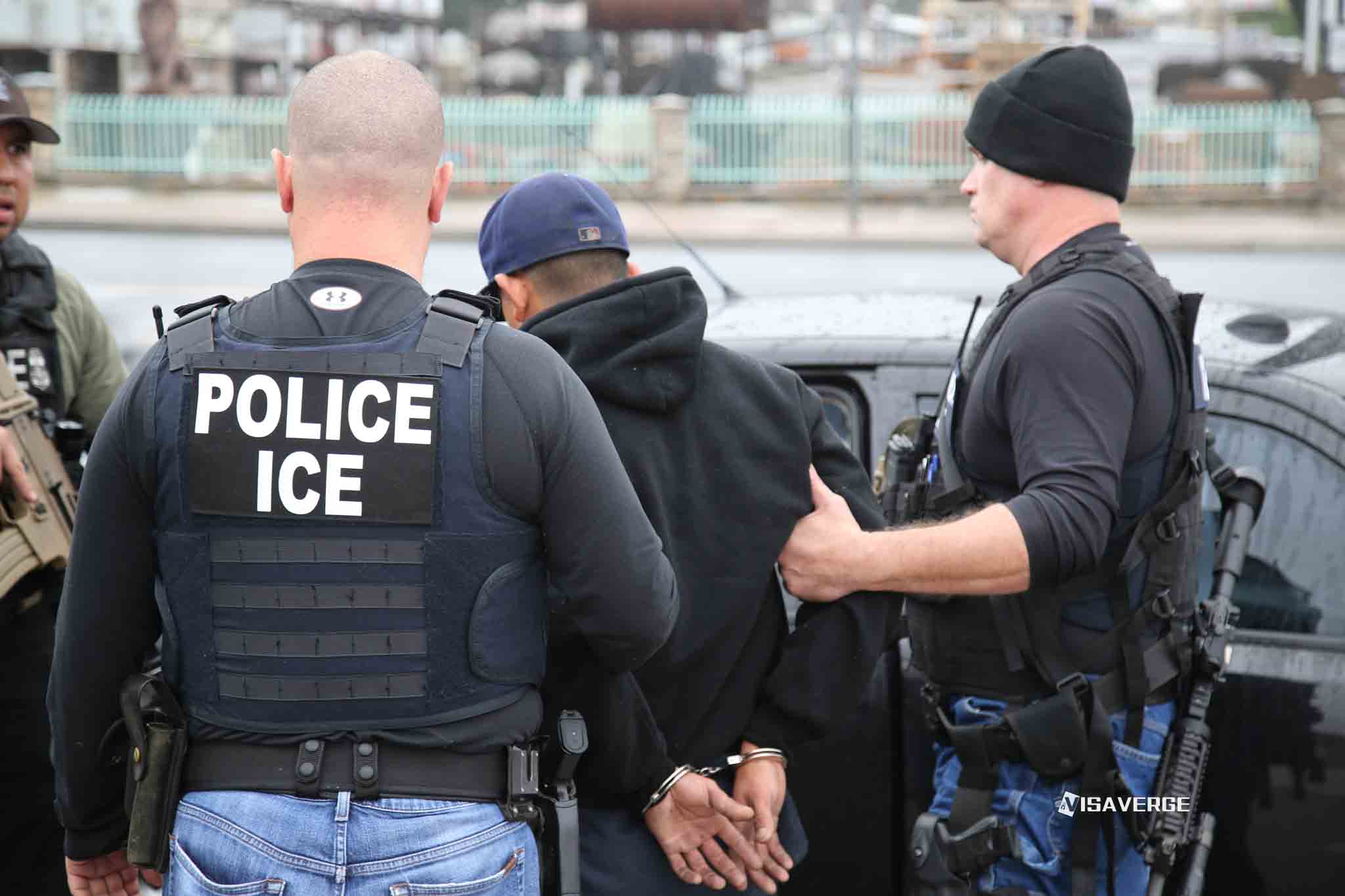Deportations of Marshallese citizens have sharply increased in Arkansas and other parts of the United States 🇺🇸 since 2024, causing fear and hardship for many families. This rise follows immigration enforcement policies started by the Trump administration and continued into 2025, with local communities in Arkansas, especially in Springdale, feeling the greatest impact.
Record Numbers and Immediate Impact
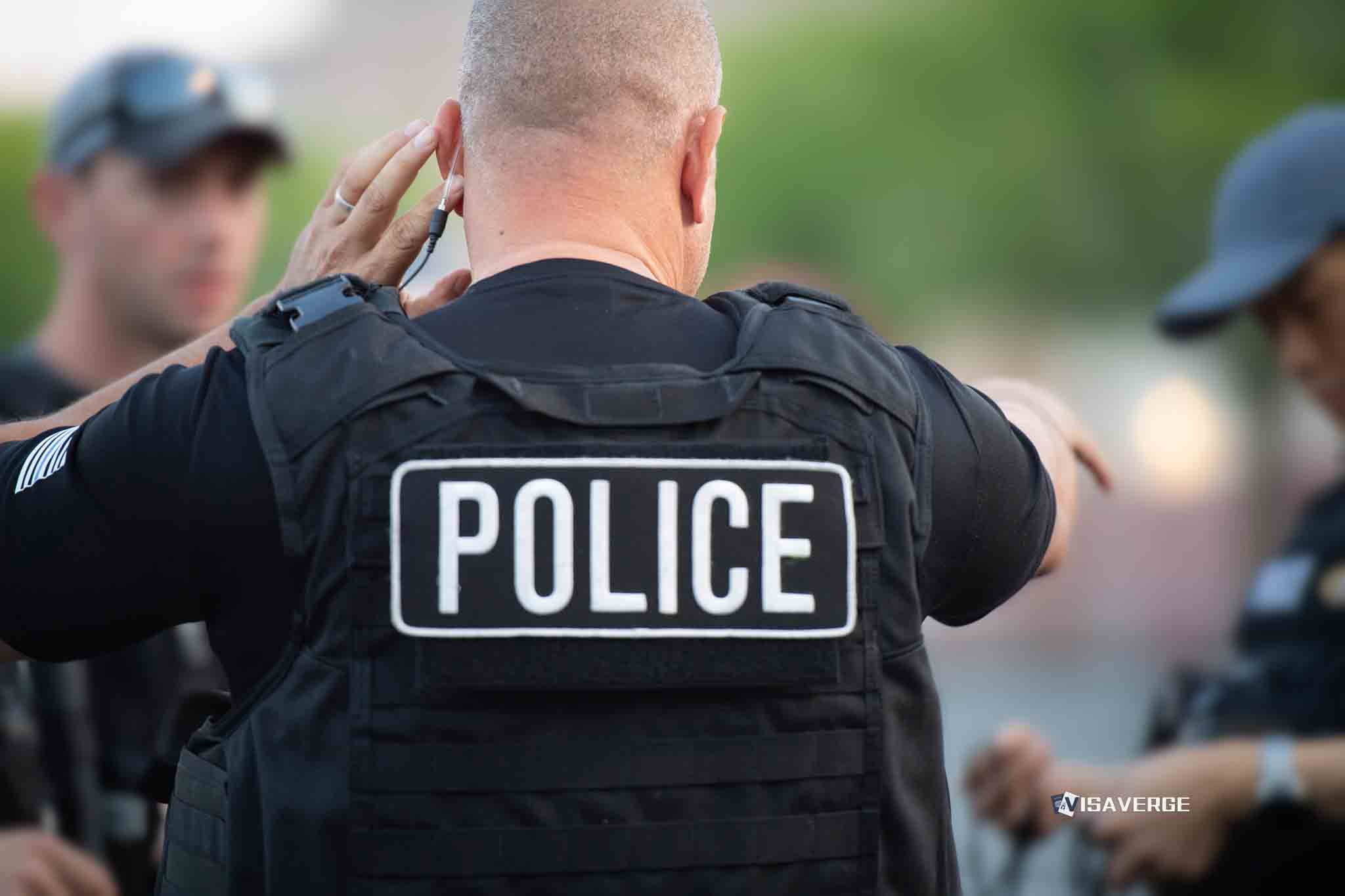
In 2024, U.S. Immigration and Customs Enforcement (ICE) deported 67 Marshallese people, more than double the 28 deported in 2023 and the 32 in 2019, before the COVID-19 pandemic temporarily stopped removals. Since 2019, 143 Marshallese have been deported, and the numbers are expected to keep rising in 2025 as enforcement actions intensify. These deportations have led to broken families, lost jobs, and growing anxiety among Marshallese communities, especially in Arkansas.
How Trump Administration Policies Shaped the Situation
The Trump administration’s approach to immigration, including a January 2025 executive order called “Protecting the American People Against Invasion,” has targeted both unauthorized and authorized immigrants who are seen as threats to public safety or national security. This includes Marshallese residents, who have a special legal status under the Compact of Free Association (COFA) but are still at risk of deportation if they have criminal records or are flagged by immigration authorities.
According to analysis by VisaVerge.com, these policies have led to more aggressive enforcement, with ICE focusing on both those without legal status and those with certain legal protections. The administration has used legal loopholes to work around sanctuary city policies, relying on local jails and contracts with the U.S. Marshals Service to detain immigrants, including Marshallese, even in places that try to limit cooperation with ICE.
ICE Operations in Northwest Arkansas
Springdale, Arkansas, home to one of the largest Marshallese communities in the United States 🇺🇸, has become a main target for ICE operations. Officers have gone door-to-door and conducted sweeps in neighborhoods with many Marshallese residents. Local police have worked with ICE, which has increased fear and distrust in the community. Community leaders have warned Marshallese with any criminal history not to move to the area, as they face a higher risk of deportation.
One community advocate explained, “People are afraid to answer their doors. Families are being separated overnight, and children are left without parents.” The presence of ICE has changed daily life for many, with some families keeping children home from school and avoiding public places.
Legal and Policy Background
Marshallese citizens can live and work in the United States 🇺🇸 without a visa because of the COFA agreement. However, this status does not protect them from deportation if they have criminal convictions or are targeted by immigration enforcement. The Trump administration has used programs like the State Criminal Alien Assistance Program (SCAAP), which lets counties such as Washington County, Arkansas, submit names of people in jail—including many Marshallese—for federal reimbursement. This process indirectly helps ICE identify and deport immigrants.
Legal experts point out that while COFA gives Marshallese people the right to live and work in the United States 🇺🇸, it does not offer the same protections as permanent residency or citizenship. This leaves them vulnerable to changes in enforcement priorities and makes it hard for them to challenge deportations.
Government and Community Responses
The government of the Republic of the Marshall Islands 🇲🇭 has voiced concern about the rising number of deportations but has not yet put in place a formal plan to help affected citizens. A draft standard operating procedure (SOP) has been ready for months but is still waiting for approval from the Marshallese Cabinet.
Meanwhile, the Marshallese consulate in Springdale is working to help community members with travel documents and emergency support. Local groups and advocates are also stepping in, offering advice on how to deal with ICE and warning people about the risks of moving to areas with strong enforcement. They provide information on legal rights and help families prepare for possible encounters with immigration officers.
Real-Life Effects on the Marshallese Community
The increase in Marshallese deportations has caused serious problems for families. Many have been separated, with parents sent back to the Marshall Islands 🇲🇭 while children remain in the United States 🇺🇸. This has led to economic hardship, as families lose breadwinners and struggle to pay bills. The emotional toll is also high, with children and spouses left behind facing stress and uncertainty.
One Marshallese middle school student in Arkansas shared, “My dad was taken away, and now my mom has to work two jobs. I miss him every day.” Stories like this are common, showing the deep impact of these policies on real people.
The lack of compact impact funding for Arkansas, unlike other states with large COFA populations, means there are fewer social services and support systems for the Marshallese community. This makes it even harder for families to cope with the effects of deportation.
Looking Ahead: What’s Next for Marshallese in Arkansas and Beyond
Deportations are expected to continue or even increase in 2025, as ICE keeps up its current enforcement priorities. The Marshallese government and community advocates are trying to work with the new Secretary of Homeland Security, Kristi Noem, to raise awareness and push for policy changes that would protect COFA migrants.
Legal challenges are also underway, with lawyers and advocacy groups fighting the broad enforcement policies that put Marshallese and other COFA migrants at risk. However, as of mid-2025, there have been no signs that the government will reverse or ease these deportation efforts.
Practical Steps and Resources for Affected Individuals
For Marshallese citizens facing deportation or worried about their status, several resources are available:
- Marshall Islands Consulate in Springdale, Arkansas: Offers help with travel documents and emergency support.
- Local community organizations: Provide legal aid, information on rights, and support for families.
- U.S. Immigration and Customs Enforcement (ICE): The agency responsible for deportations. For official information on ICE policies and procedures, visit the ICE website.
- Legal advocacy groups: Organizations like the Prison Policy Initiative and the New York City Bar Association’s Immigration and Nationality Law Committee offer updates and legal guidance.
What Can Be Done?
Community leaders recommend that Marshallese residents:
- Stay informed about their legal rights and keep important documents ready.
- Seek legal advice if they have any criminal history or face ICE action.
- Connect with local support groups for help and information.
- Avoid moving to areas with high enforcement if possible.
While the future remains uncertain, ongoing advocacy and legal efforts aim to protect Marshallese families and push for fairer immigration policies. For now, the community continues to face challenges, but support networks and official resources can help those affected by the rise in Marshallese deportations in Arkansas and across the United States 🇺🇸.
This Article in a Nutshell


